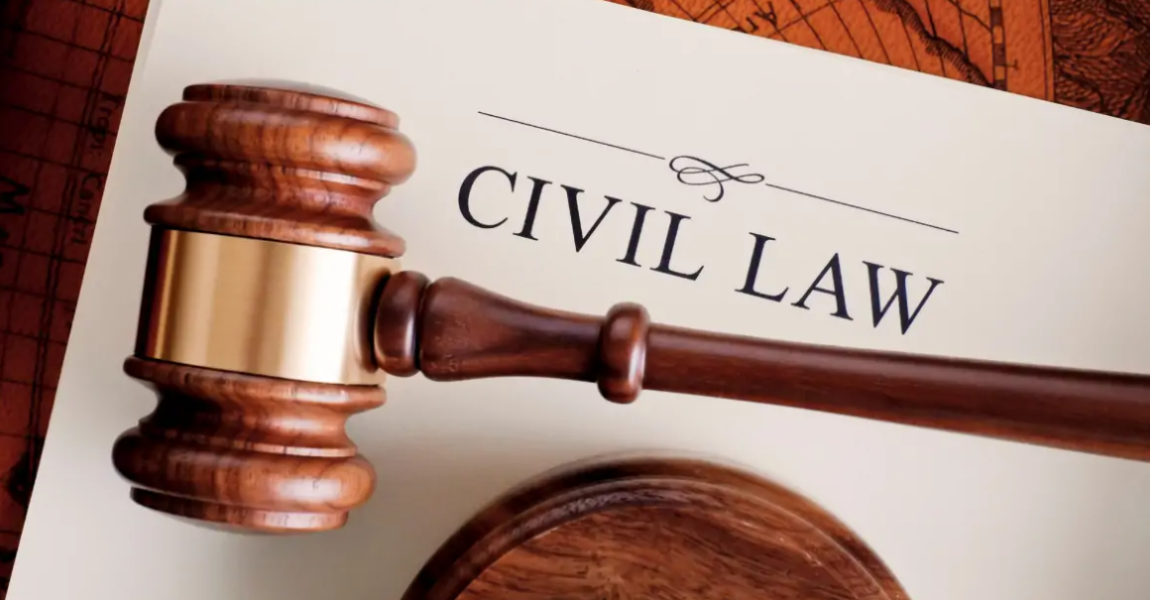
- January 23, 2023
- |Civil Law, Practice, And Procedure, Concise Law Reports (CLR)
Januarie v Januarie NAHCMD (23 January 2023)
The initial ex-parte application dealt with the appointment of curators for Mr. Henry Hermanus Januarie and a declaration that Mr. Henry Hermanus Januarie is no longer able to manage his own affairs. The application was supported by a founding affidavit of Mr. Job Januarie, a brother of Mr. Henry Hermanus Januarie. Mr. Job Januarie indicated that they as a family always experienced Mr. Henry Hermanus Januarie as a bit ‘slow’ but did not draw any conclusion about this fact. This affidavit further referred to a report by Mrs. Burmeister-Nel who assessed Mr. Henry Hermanus Januarie and found that Mr. Henry Hermanus Januarie does not have the ability to make important decisions for himself. This transaction is the basis of a matter currently pending in this court.
This came after Mr. Job Januarie learned that Mr. Henry Hermanus Januarie sold or donated a portion of the farm Mr Henry Hermanus January inherited from their late father, to another brother of theirs, Mr. Paulus Benjamin Januarie. The ex-parte application became opposed when Mr. Paulus Benjamin Januarie filed his opposition to the order being sought, but only against the appointment of Mr. Wilhelm Theodore Christians as curator bonis to the property of Mr. Henry Hermanus Januarie. The opposition was based on the fact that Mr. Christians is a close associate of Mr. Job Januarie and Mr. Karl Januarie, another brother of Mr. Henry Hermanus Januarie. It was contended that if Mr Christiaans is so appointed, he will be able to take decisions, with and on the advice of the curator ad litem, regarding the further ongoing litigation, possible settlement of a dispute or contenting the dispute toward the bitter end.
Having heard the arguments for and on behald of the parties, RAKOW J c0nsidered the provisions of rule 72(4) and (5) and stated that:
‘[9] Ex facie the rule, it is evident that the Intervening Party must meet the following requirements to obtain leave to oppose these proceedings:
- He must have an interest which may be affected by a decision on this application being brought ex parte;
- He must deliver notice of an application by him for leave to oppose, supported by an affidavit;
- The affidavit must set out the nature of that interest and the grounds on which he desires to be heard.
[10] It is further true that a curator at litem and a curator bonis are two different appointments which deal with different aspects of the person on whose behalf they are appointed’s life…A curator at litem is a curator for the purpose of a suit, i.e., a curator appointed by the court to protect the interests of some party to a legal proceeding who is unable, or is alleged to be unable, to protect his own interests…A curator bonis is ‘(a) person appointed by the court to manage and control the property of a person, who, for reasons satisfactory to the court, is unable to manage and control his own property.
[11] Ms von Wielligh placed Mr. Christiaans in the same position as a judge in court listening to a case where the parties are known to him or her. It is however so that in recusal applications of judges it is necessary to show actual bias, not only perceived bias. The point of departure in recusal applications as per the Supreme Court in the matter of the Minister of Finance and Another v Hollard Insurance Co of Namibia Ltd and Others 2019 (3) NR 605 (SC) para 25 is set out as follows:
‘The departure point is that a judicial officer is presumed to be impartial in adjudicating disputes and that the presumption is not easily dislodged. A mere apprehension of bias is therefore not sufficient to rebut the presumption.’
Similarly, it must be said that the court accepts that a person appointed as curator bonis will act in the best interest of the person on whose behalf he or she was appointed and as such an apprehension of bias is not sufficient to show that the curator bonis will not perform his or her functions sufficiently.
In conclusion,
[12] From the above it is clear that the roles of the two curators, Adv Lotta Ambunda-Nashilundo who stands to be appointed as the curator at litem and Mr. Wilhelm Theodore Christians who stands to be appointed as curator bonis differ vastly. There is further no grounds set out by the intervening party as to why he is of the opinion that Mr. Christians will have any influence in the manner in which Adv. Ambunda-Nashilundo will conduct the court case regarding the inheritance of Mr. Henry Hermanus Januarie. The apprehension of bias placed before the court in this matter is simply not strong enough for this court to find that there will indeed be bias on the part of Mr. Wilhelm Theodore Christians and that he will use his position as curator bonis to influence the curator at litem in the exercise of her duties.’
As a result, the application brought by Paulus Benjamin Januarie was dismissed with costs.